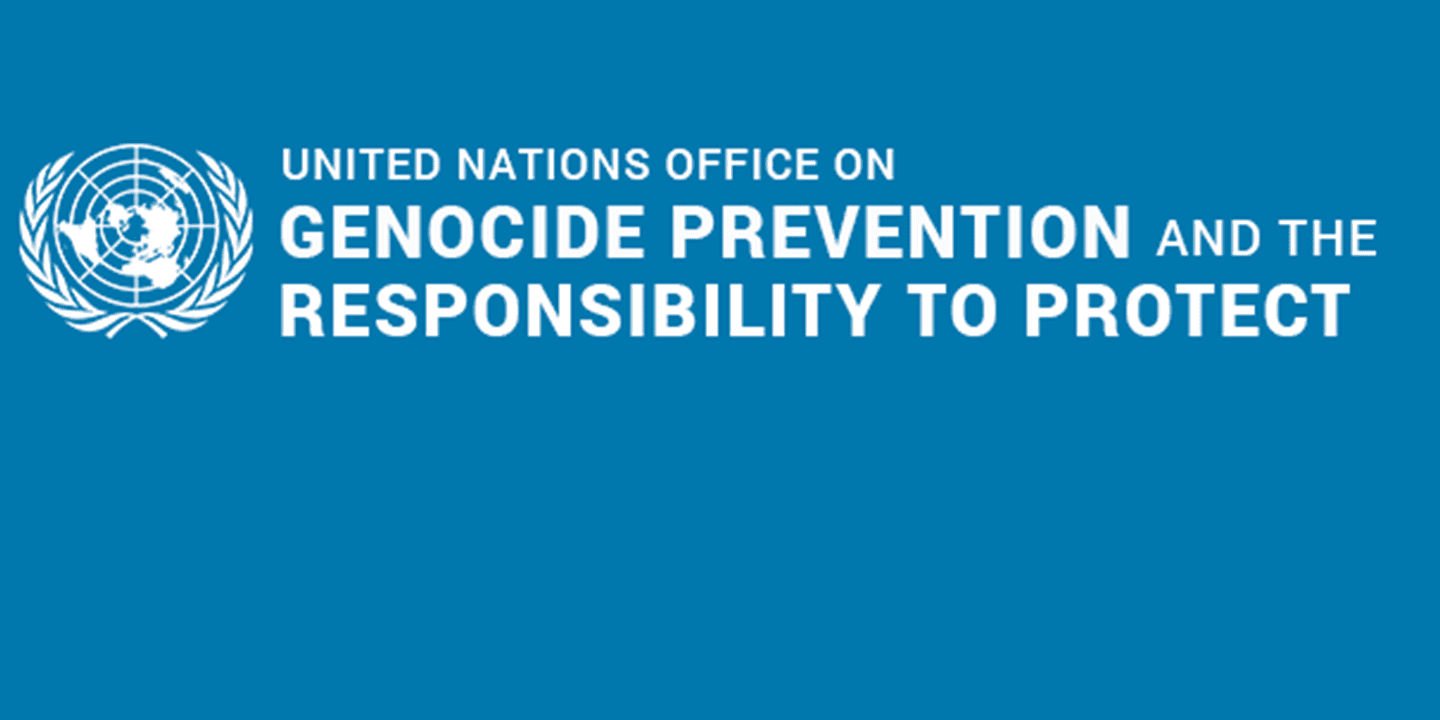
Statement by the UN Special Adviser on the Prevention of Genocide on the appeal judgement of Radovan Karadzic for genocide, war crimes and crimes against humanity, 2019
(New York, 20 March 2019) The Special Adviser on the Prevention of Genocide, Adama Dieng, acknowledged today’s final appeal judgement by the Hague Branch of the Mechanism for International Criminal Tribunals (Mechanism) largely upholding the verdict issued on 24 March 2016 by the International Criminal Tribunal for the Former Yugoslavia (ICTY) against Radovan Karadzic and increasing his sentence from 40 years to life imprisonment. As President of the Republika Srpksa and Supreme Commander of the Bosnian Serb Army from 1992 to 1996, Mr. Karadzic has been found guilty of genocide for the 1995 Srebrenica massacre, war crimes and crimes against humanity.
Special Adviser Dieng underlined that this appeal judgement confirms that accountability rather than impunity will prevail. Justice alone, however, will not bring genuine reconciliation to communities divided by violence, and it cannot be imposed from the outside. “Real change in society can only come from self-reflection, acceptance, consistent and collective effort to move forward. It takes hard work and perseverance. It also takes sustained commitment to reconciliation, trust-building and constructive and meaningful dialogue by political and social leaders and citizens.”
In February 2018, Special Adviser Dieng visited Srebrenica, Donja Gradina and the Partisan Memorial Cemetery in Mostar to pay tribute to all victims. As he did then, Special Adviser Dieng reiterates his concerns at ongoing attempts to deny the gravity of the crimes committed in Srebrenica, including glorification of war crimes. This includes the naming of a student dormitory after Karadzic at the University of East Sarajevo.
During his visit, he consistently underscored that “genocide denial is a direct barrier to reconciliation.” The ICTY has determined, conclusively, that the crime of genocide was committed in Srebrenica in 1995. The International Court of Justice as well as national courts have consistently reached the same conclusion.
Special Adviser Dieng urges leaders in the region to combat and counter negative and divisive rhetoric with words of compassion and empathy toward the pain and suffering of victims, not only of their own ethnic or religious community, but specially members of other ethnic or religious communities.
Special Adviser Dieng underlines that “Mr. Karadzic is not a hero, he is a criminal. The true heroes are the survivors and witnesses of the crimes committed by him. They have displayed immense courage by coming to the courts to testify and never gave up hope that they would see justice.”
Today, denial and revisionism are feeding regional instability and undermining neighbourly relations. “Some leaders and governing institutions in the region have not yet shown that they have the courage to support accountability for the crimes committed in the past nor to acknowledge those wrongdoings. More needs to be done to strengthen genuine reconciliation, trust-building and to promote constructive dialogue.”
The Special Adviser on the Prevention of Genocide expresses the conviction that “accountability constitutes an essential element in building a more peaceful and stable future in the joint pursuit of truth and genuine reconciliation in Bosnia and Herzegovina and in the entire region.”